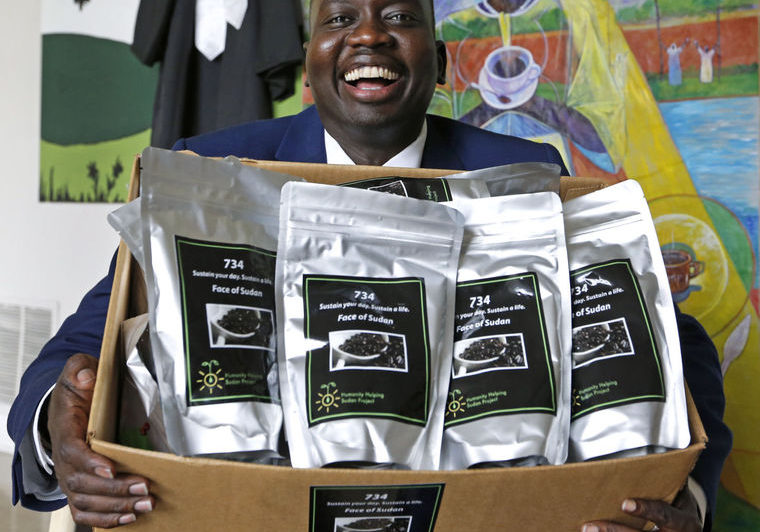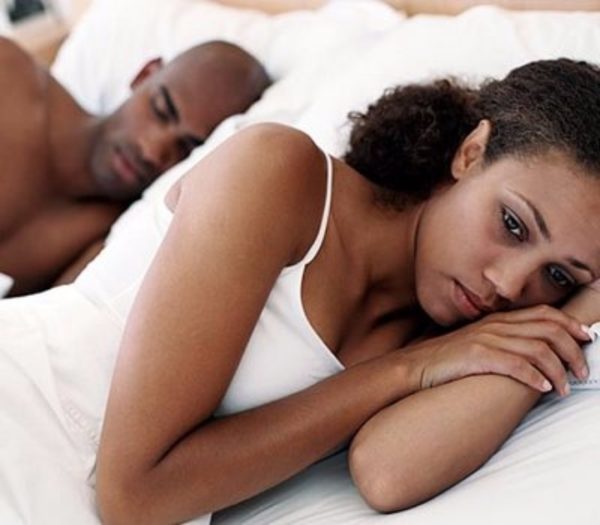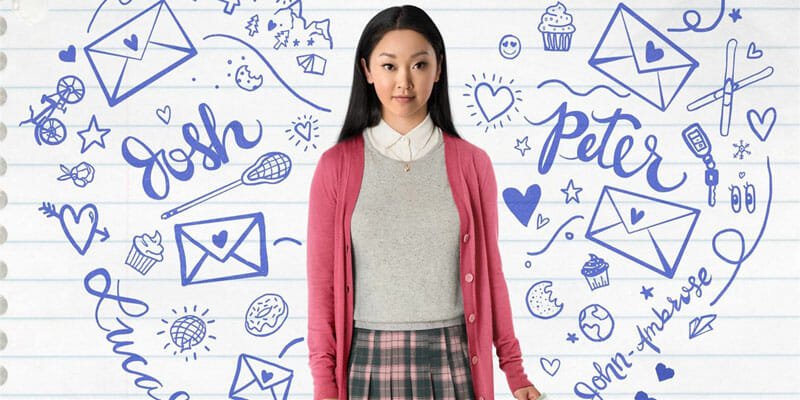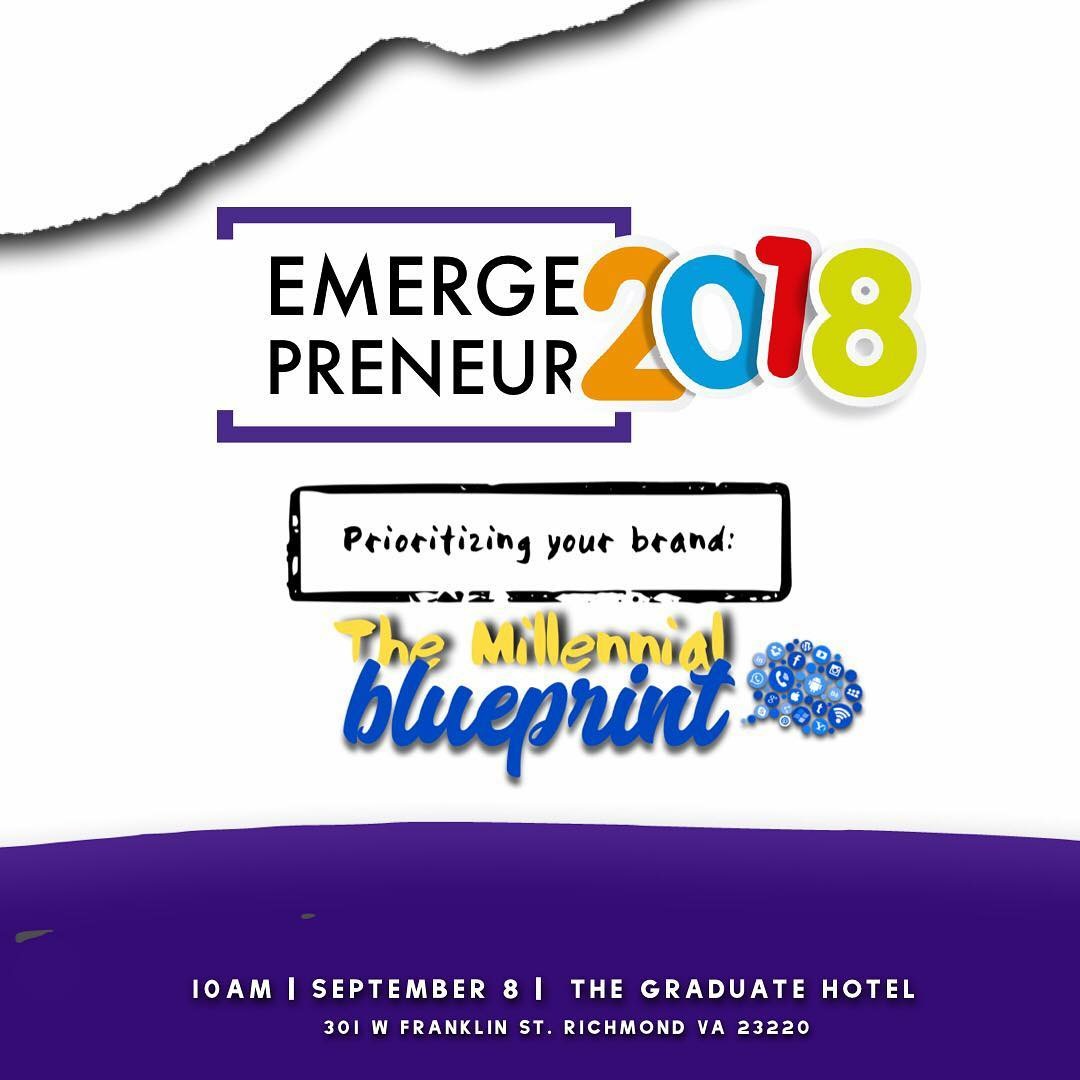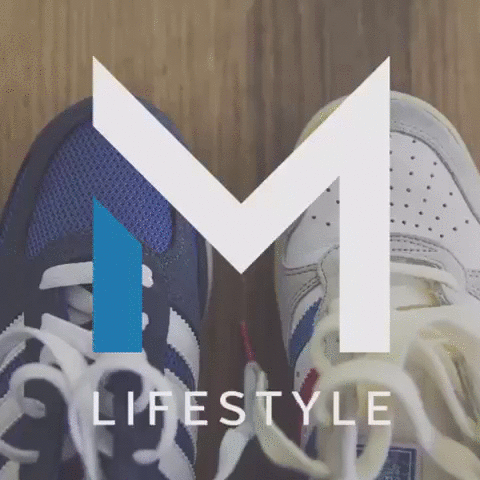No Judgement Zone: Mental Health and the Black Community
Jada Pinkett Smith, Willow Smith, and Adrienne Banfield-Norris are the hosts of the Red Talk Table, a new online talk show that talks about a…
Jada Pinkett Smith, Willow Smith, and Adrienne Banfield-Norris are the hosts of the Red Talk Table, a new online talk show that talks about a variety of topics. The second episode of the show talks about dealing with loss, where Jada talks about the death of one of her closest friends, and an American hip-hop icon, Tupac Shakur.
The show opens with Jada discussing the recent passing of a friend due to brain cancer. When Jada asks her 17-year-old daughter Willow what was her biggest loss, Willow replies: “Honestly, I feel like I lost my sanity at one point,” and she laughs but then reveals something that she has never talked about.

After her single “Whip My Hair” went viral, Willow says she lost herself and wasn’t sure what her purpose in life was.
Only 9-years-old at the time, she was doing tours and promotion for her music. Willow says she fell into a “lull” after she stopped taking singing lessons and decided not to finish her album. “I was like plunged into this black hole and cutting myself.”
Her mother and grandmother’s reactions immediately shift as they hadn’t known about this.
What is so interesting about this conversation is that it’s a conversation about loss. We tend to associate loss with death but in this case it’s a loss of self, something many can relate to. Willow bringing up the experience about cutting and “losing her sanity” gets at a bigger issue that isn’t in a lot of conversations…how black people deal with their mental health.

The Health and Human Services Office of Minority Health reports that African-Americans are 20% more likely to experience mental health problems than the rest of the population.
But having problems with your mental health is stigmatized in the black community because there’s a lack of understanding, lack of access to adequate health resources, and because religion is a vital part to so many black Americans we hear a lot of, “pray about it”. It’s also important to note that with the lack of access to health resources, there is a fear of mistreatment by white doctors that stretches over several decades.
As black people, we have these stereotypes telling us to be “strong black men and women” who can face anything because we appear to be resilient against oppression. This isn’t true and it’s an emotionally damaging narrative that is killing us. Therefore, someone in the black community might turn to self-harm to express their pain because they don’t have anyone to go to, they don’t have access to therapy or medication, or they’ve tried to open up and their problems have been dismissed.

I know that there will be people who don’t understand why Willow would cut herself at 9-years-old, why would someone coming from such a rich background have problems—what could she possibly have to worry about? But the reality is she was a kid and she’s still a human being who can struggle just like anyone else.
Willow says that self-harm is something a lot of adolescent girls struggle with and her grandmother brings up how when she was growing up that wasn’t happening. But self-harm manifests in many ways beyond cutting; abusing drugs and alcohol is a form of self-harm but it’s more palatable than the idea of someone doing something like cutting themselves.
Jada asks the question everyone viewing is asking themselves, why?
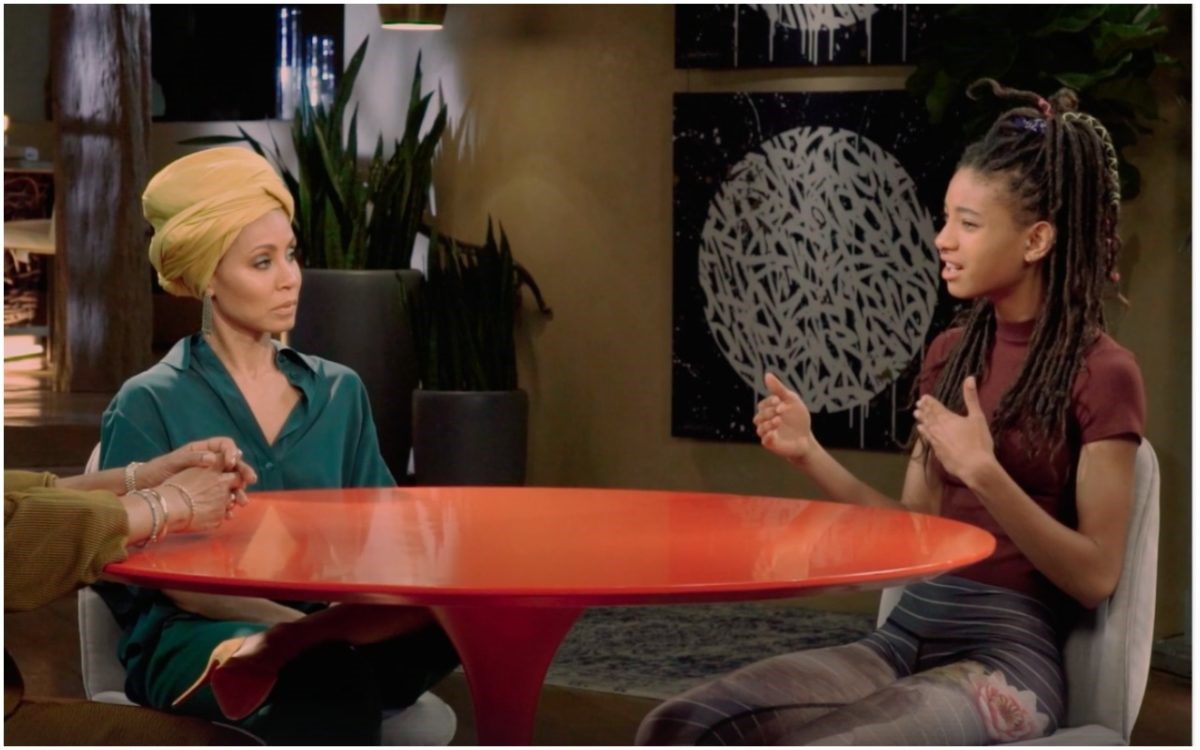
Willow responds that, “I was experiencing so much emotional pain but my physical circumstances weren’t reflecting that. . .” and Jada says, “So the self-harm makes the pain more tangible?”
Willow wraps up by saying she eventually stopped cutting herself because she realized what she was doing was “actually psychotic” and her mom breathes a sigh of relief.
I liked that this conversation evolves and is free of judgement from Jada and Adrienne, they’re shocked but concerned and not angry. This discussion lets viewers in on such a personal topic which may allow people to better understand those who are struggling with their mental health. This Red Table Talk shows a healthy way to go about approaching a daunting topic like self-harm and it shows one of the many faces of self-harm—it’s not always just the white kids even if that’s what the news, Hollywood and maybe even our community would want us to believe.
To Willow Smith, I say thank you.
I’ve always believed the Smith kids to be unapologetic about the way they express themselves and their parents do a great job at allowing them to be themselves. Watching the conversation, I was hooked because for the first time I was seeing someone who looked like me talking about something that I’ve personally struggled with for over seven years. As a society, we are progressing more towards talking candidly about mental health but people need to reshape the way they think about mental health and mental illness. We must forgo the stereotypes that come with each mental illness, stop chalking up everyone to “just being crazy”, leave behind the narrative that mental illness only affects white people, and remember that people are MORE than their mental illness.
Watch the full episode of ‘Surviving Loss’ here.
Visit the Jed Foundation or the National Alliance on Mental Illness to learn more about mental/emotional health.
If you are someone you know needs help, call The Lifeline at 800-273-TALK (8255) for free, 24/7 support.
By: Brianna Scott
Disclaimer: The views, opinions and positions expressed by the authors and those providing comments, opinions on this website are theirs alone, and do not necessarily reflect the views, opinions or positions of M-Lifestyle and their affiliates. M-Lifestyle does not claim ownership of any images used, unless otherwise specified.
![]()

